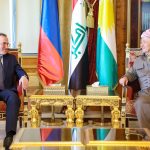Introduction
Nestled in the northern part of Iraq, the Kurdistan Region (Kurdistan Regional Government – KRG) has emerged as a promising hub for investors seeking long-term growth opportunities. With its strategic location, abundant natural resources, and ongoing political stability, Kurdistan presents a unique environment conducive to high returns on investment. Over the past decade, the region has increasingly attracted regional and international investors, viewing it as a gateway to Middle Eastern markets and a frontier for diverse industries, including energy, agriculture, tourism, real estate, and infrastructure.
Political and Economic Stability
Unlike other parts of Iraq, Kurdistan has enjoyed relative political stability and autonomous governance since 2005, providing a safer investment climate. The KRG has established a legal and regulatory framework that protects investors’ rights and encourages foreign direct investment (FDI). This stability is crucial for long-term investments, offering predictability and security in an otherwise volatile region.
Rich Natural Resources
Kurdistan’s energy sector is its backbone, possessing significant oil and gas reserves. The region produces around 600,000 barrels per day, with untapped potential that beckons international exploration and development. Oil exports have steadily increased, bolstering the economy and offering lucrative opportunities for energy companies. Additionally, the region’s mineral resources, such as limestone and other construction materials, add to its economic diversity.
Investment Opportunities
Energy and Oil Sector
The region’s vast hydrocarbon reserves make it ripe for investment. The KRG offers attractive terms to foreign companies for exploration and production rights. Several international firms have already established operations, demonstrating the region’s potential for high yields.
Real Estate and Infrastructure
Kurdistan’s growing urban centers like Erbil and Sulaymaniyah are experiencing rapid development. There is a high demand for residential, commercial, and hospitality projects. Strategic investments here promise substantial long-term gains, especially with ongoing government initiatives to improve infrastructure.
Tourism
With its natural beauty, historical sites, and cultural attractions, Kurdistan is increasingly becoming a tourism magnet. Investments in hotels, resorts, and eco-tourism ventures could benefit from rising visitor numbers and government support.
Agriculture and Industry
The region’s fertile lands support diverse agricultural activities. Modernizing agriculture and food processing industries present avenues for sustainable investments.
Challenges and Risks
While Kurdistan offers promising prospects, potential investors should remain aware of challenges such as bureaucratic hurdles, security concerns, and regional political dynamics. However, recent improvements in governance and alliances indicate a progressively stable environment.
Why Now is the Right Time
The ongoing reforms, rising oil prices, and infrastructure development projects signal a turning point. With decreasing risk and increasing potential returns, strategic long-term investments in Kurdistan are now more attractive than ever.
Winning public trust in a democracy has never been easy, especially with nations that suffer from fragile democracies. Nevertheless, the leader of a country’s ruling party should form a new government based on a stable and robust economy and low security risks.
Normally, new governments need to maintain a state’s existing economic policy and find new ways to create more jobs and develop new modules for economic growth. These steps will help raise the Gross Domestic Product (GDP)—a means to move the prosperity of a nation forward.
The economy is the system whereby a country or region’s revenue, industry, and trade are organized. There are various requirements for establishing a stable economy. The main and, perhaps, most important is security and political stability. Of course, other factors such as land, labor, capital, technology, and a proactive labor force need to be established to maintain a healthy economy.
Although the Kurdistan Region has all of the above requirements to have a good economic infrastructure, it lacks an efficient locally-minded economic model to meet the demands of its population.
Moreover, despite the instability in the Middle East, including the so-called Islamic State’s ongoing threat, anti-government protests in Iraq, and tensions between the US and Iran inside Iraqi territory, Kurdistan remains safer than most countries around it. Security is certainly a great advantage for local and international investors who are interested in economic development and building economic infrastructure in various sectors where there are opportunities.
The new Kurdistan Regional Government’s (KRG) cabinet has also brought a great opportunity for the Kurdistan Region to achieve political stability. Indeed, one of the first statements Prime Minister Masrour Barzani made during his inauguration speech was that his government would prioritize a solutions-based approach with Baghdad, the eradication of corruption, building economic infrastructure, education reform, and investing in agriculture. The speech offered a positive beginning, and, since then, Prime Minister Barzani’s promises have been reinforced by action and change.
One of the significant reasons the Kurdistan Region has been unable to develop a stable economy in the past is due to political instability, high public service expenditure, and the war against the Islamic State. Additionally, Baghdad’s cut of Kurdistan’s share of the federal budget from 2013 to 2018 hit the Kurdish region very hard. The main reason for the budget cut was due to political differences regarding oil and gas exports. The new KRG cabinet’s approach, coupled with efforts by the Kurdish prime minister to visit Baghdad, has opened a new avenue to solve those differences.
While Baghdad–Erbil relations are imperative, Kurdish unity is also equally important for the region’s immediate stability. The triangle agreement between the leading Kurdistan Democratic Party (KDP), Gorran (Change) Movement, and the Patriotic Union of Kurdistan (PUK), as well as other minority groups, are important steps. Nevertheless, long-term stability can only be guaranteed through a strong and stable economy, which provides opportunities as well as a steady income for the people.
On the one hand, solving problems between Baghdad and Erbil and, on the other hand, rebuilding trust among political parties in the Kurdistan Region has created a suitable environment for the KRG to propose several reforms. These include tax and revenue, the banking sector, foreign investment, education, and civil servant and pension reforms. Prime Minster Barzani has made it clear that those sectors must urgently be reformed before Kurdistan moves forward.
No one can claim that reform or introducing new laws will be free of challenges, but the strong desire Prime Minister Barzani and his cabinet members have shown to be a government for the majority and not the few are positive.
Today, most developed countries are in the fifth industrial generation. However, the factors above are still important elements for the economic growth of countries who are in post-conflict recovery. The Kurdistan Region’s Gross Regional Product (GRP), for instance, is lower than where it should be because the income per capita is below the average standard. Kurdistan must work toward building its own version of economic development.
The Kurdistan Region may not be the largest in the Middle East, but it is a gold mine for foreign investors, especially in the agriculture, tourism, and natural resources sectors. Moreover, following half a decade of economic austerity and war, the Kurdistan Region’s leadership have made solid commitments to move the region forward with wider reforms, which will provide low risks to foreign investors.
Conclusion
Kurdistan Region stands out as a rare, high-yield investment destination in the Middle East. Its natural resources, political stability, and economic potential create an enticing environment for long-term investors willing to navigate the region’s complexities. As the region continues its development trajectory, early investors could reap significant, sustainable returns.









